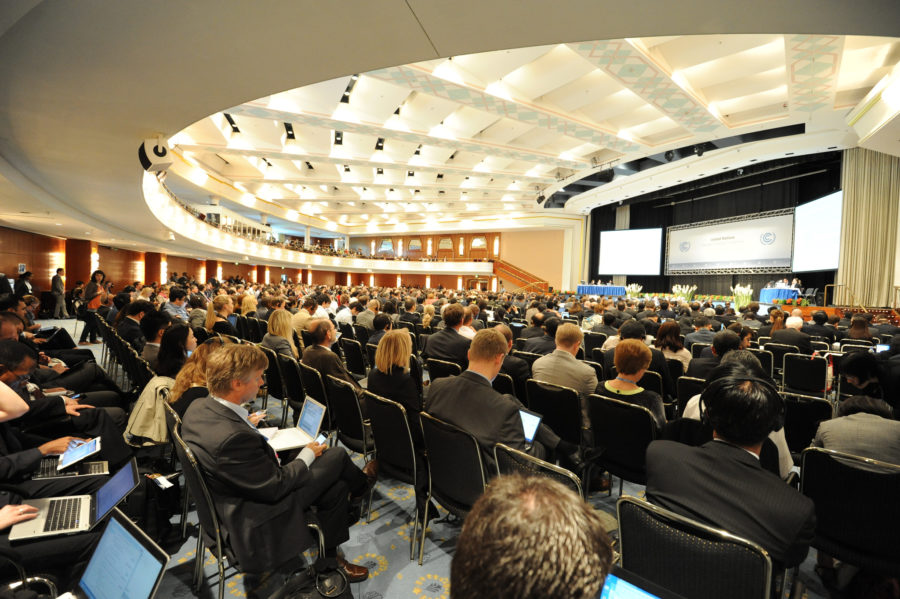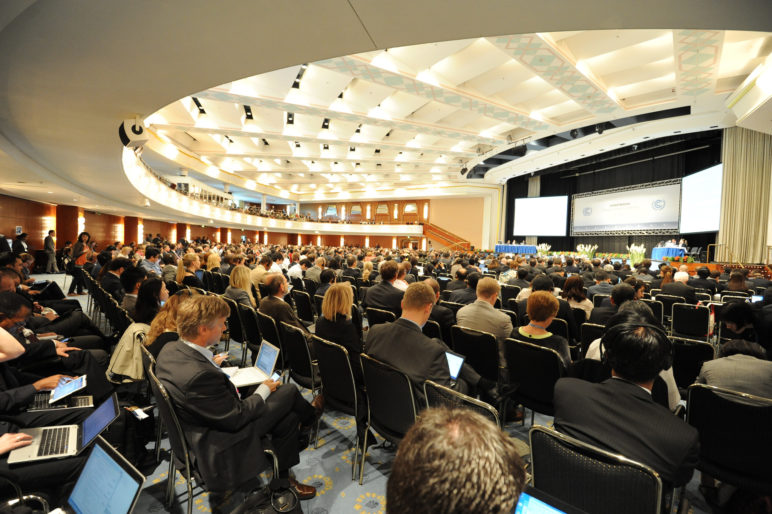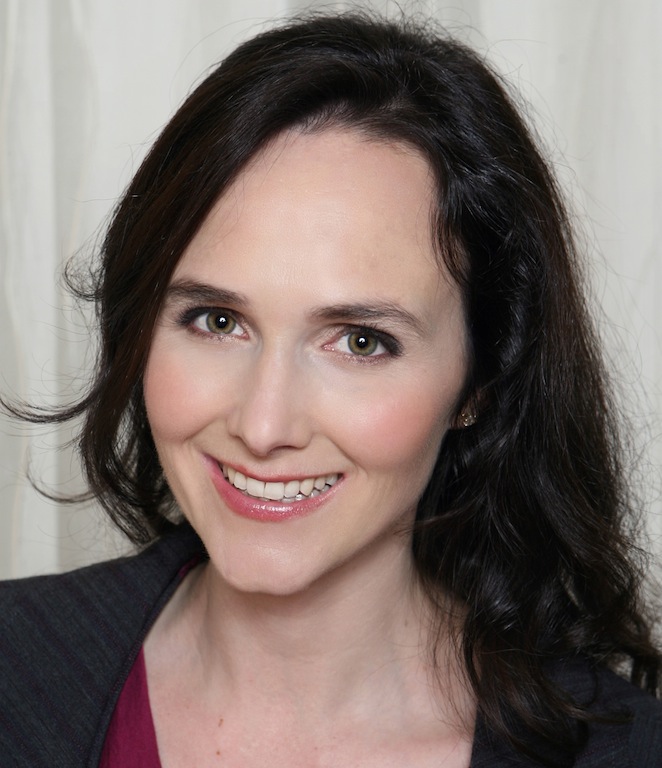Around the world, voters want strong environmental protections. In countries that use proportional representation (ProRep) voting systems, they get them. ProRep countries like New Zealand and Germany are faster to ratify global climate accords than winner-take-all countries like the United States and Canada. They also have twice as much renewable energy and less air pollution.
No voting system can promise a particular policy outcome—like action on climate change—but some guarantee outcomes closer to the will of the people. First-Past-the-Post (FPTP) voting systems can put politicians with mere plurality support in charge, leading to policies most voters may not like. ProRep ensures almost all voters can elect someone they like, meaning almost all voters have an advocate at the policy table. And more diverse viewpoints also foster policies oriented towards longer-term thinking, because they have to take into account many views instead of just steamrolling whichever party is not in power at the moment.
No voting system can promise a particular policy outcome—like action on climate change—but some guarantee outcomes closer to the will of the people.
ProRep countries have stronger environmental protections. They are also awarded higher average scores on the Yale Environmental Performance Index, which measures: environmental health, air quality, resource management, biodiversity and habitat, forestry, fisheries, agriculture, and climate change.
Climate Change
ProRep countries were faster to ratify the international climate agreement, the Kyoto Protocol, after December 1997. Perhaps because the system encourages leaders to cooperate and take action that reflects widely held voter beliefs in environmental protection. ProRep countries implemented more far-reaching climate action policies after ratifying the Protocol. As a result, countries with proportional representation systems have slowed their carbon dioxide emissions more than four times as quickly as winner-take-all countries.
Renewable Energy
Proportional countries also use more than twice as much renewable energy as winner-take-all countries. In his book Electoral Systems and Governance, author Saloman Orellana shows this is largely attributed to government actions. ProRep governments can afford to promote renewable energy in the face of entrenched dirty fuel providers because the system has to be more responsive to the people than to moneyed interests.
For example, Germany produces about five times as much solar power as the United States even though every US region has more solar potential. Germany, a ProRep country, took decisive action to grow its renewable energy industry through policies like feed-in-tariffs and streamlined permitting. The United States, a winner-take-all country, continues to prop up the dying coal industry.
Green Representation
Proportional countries are more likely to have Green Party representation in their legislatures. The reasons vary by country, but one common thread is that proportional representation unites Green votes that are geographically dispersed and translates those votes into seats. Winner-take-all systems divide voters into many single-winner districts— Green candidates don’t get enough votes to win any single district, so they have zero seats overall, even if a significant number of voters want a Green Party lawmaker.
In 2008, Canada’s Green Party won almost 7 percent of the popular vote without receiving a single seat in the House of Commons. Nearly a million voters selected a Green candidate but were spread out across districts (or ridings) so no Green candidates gained a plurality. The United States, with its winner-take-all, single-member plurality system, has never had a member of a Green Party attain office.
Previously, New Zealand had been dominated by just two parties under the winner-take-all voting system. After New Zealand’s electoral system switched from winner-take-all to proportional, Greens went from being a minor party to a robust coalition partner that joined forces with other parties to build legislative majorities.
Once they win seats, Green candidates can introduce innovative policy ideas, some of which steadily work their way into the mainstream.
Air Pollution
Green representation isn’t just a political grandstand. Countries with more Green representatives have less air pollution. In other words, ProRep countries that let Green Party candidates win seats in proportion to their votes then pass policies to clean the air. Winner-take-all systems that keep Green Party candidates out, let the air pollution in.
ProRep is good for the environment
As evidence from around the globe shows, proportional representation creates a virtuous cycle for the environment. Voters who care about environmental protection elect candidates who agree. Those representatives introduce new ideas about renewable energy and clean air, they work together to pass durable policies, and they act quickly on important issues like climate change. Cascadian voters care about clean air, clean water, and climate action. ProRep can turn their values into reality.










